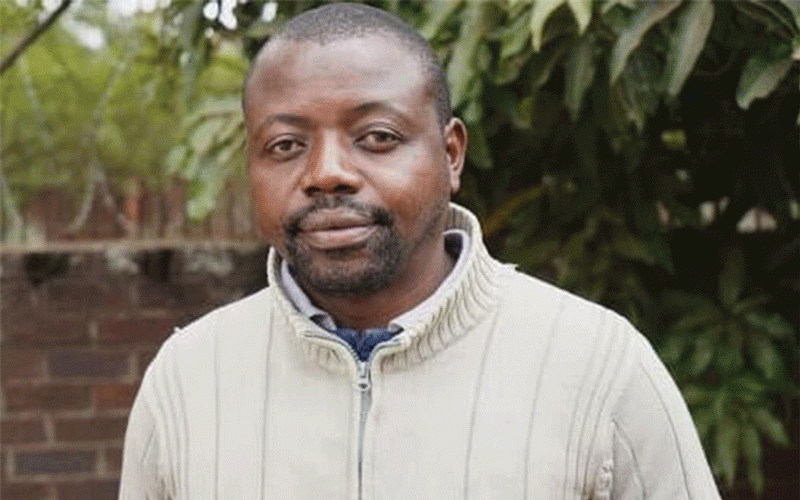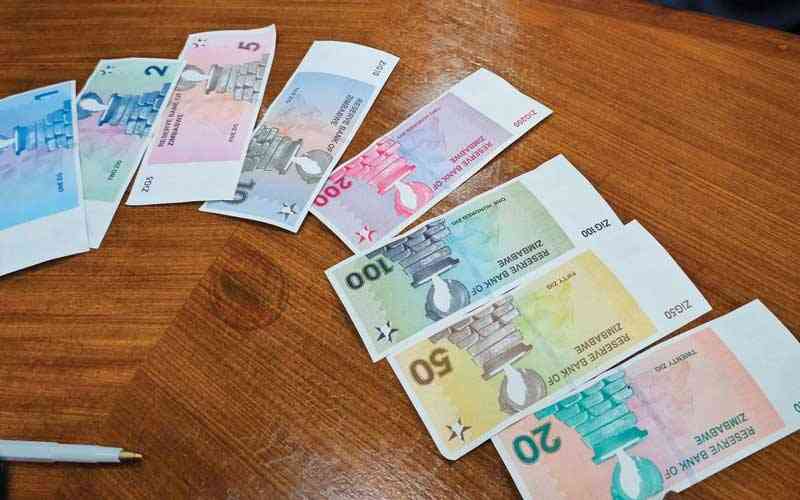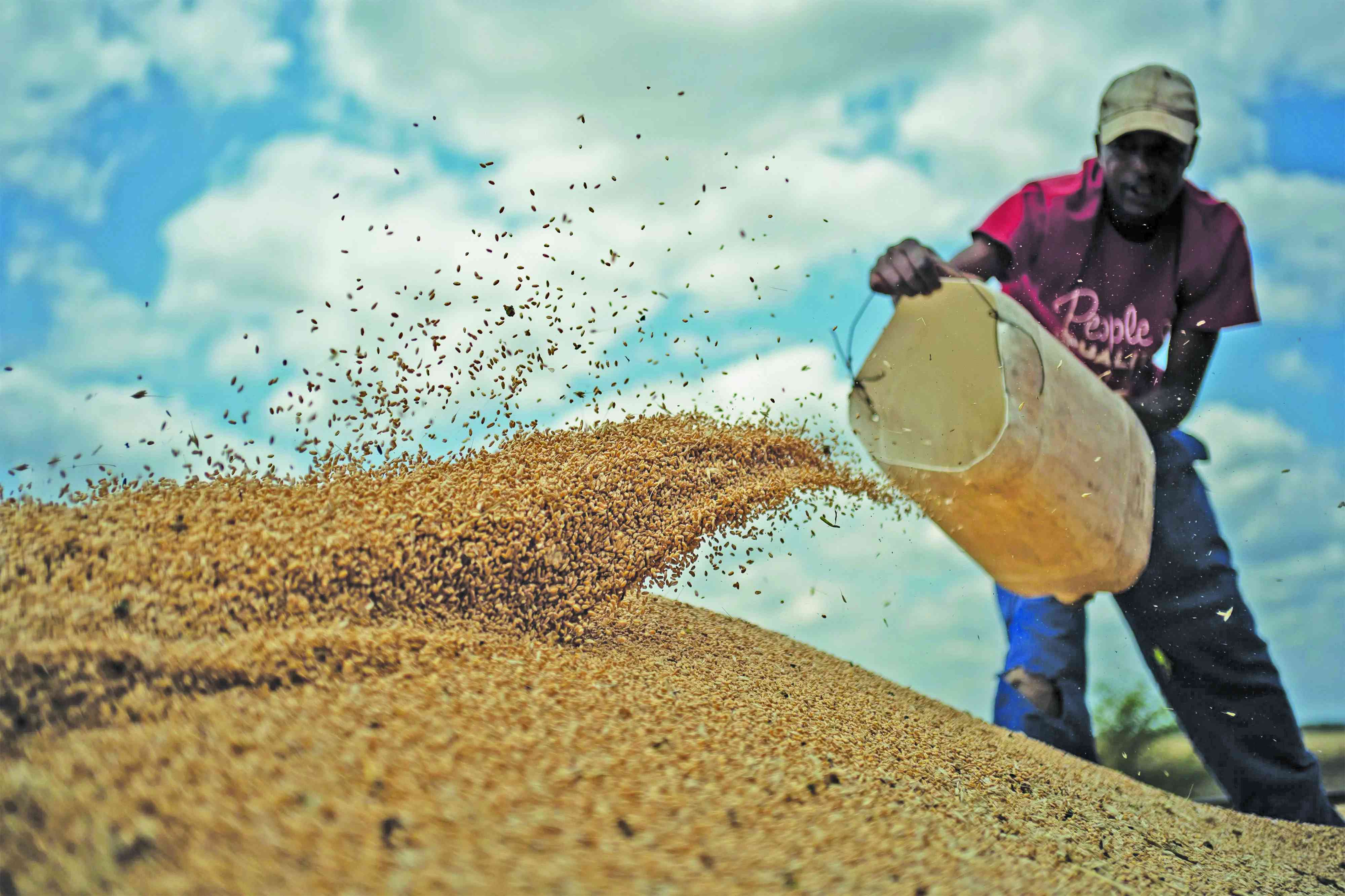
MESSAGES of avoiding food wastage resonated in Harare last Wednesday as World Environment Day (WED) 2013 was celebrated at the Africa Unity Square. Motley crowds ran into thousands as there was lots of entertainment from musician Leonard Zhakata and others.
But as people round the globe celebrated WED, Harare’s biggest dream remained clean water. For Harare residents, clean water is almost “too idealistic”.
A lot happened in the two weeks before the commemorations. In those two weeks, political parties were focused on the new constitution, harmonised elections and party primaries. Yet, much is the same for Harare residents. They still walk with their spines bent. They still spend hours pulling out water from unprotected wells as there is no running water. It’s been three weeks now –two weeks of serious water shortage. Other suburbs have gone for six years without council water.
There can be no other area that is perhaps so emblematic of the opportunities for a far more resource-efficient and sustainable world –and there is no other issue that can unite North and South and consumers and producers everywhere in common cause.
The interaction should have been a solid relationship based on collectivity and mutual consultation that could result in State actors covering a lot of ground in addressing issues of development and humanitarian concern.
It was time Zimbabweans should have shown that they appreciated United Nations support as we strive to achieve sustainable development focused on economic growth, social development and environmental protection. This year’s WED was the best time to remind ourselves that best environmental practices could significantly reduce our disease burden.
According to the African Environment Outlook-3 (AEO-3), this disease burden is dominated by diarrhoea, respiratory infections and malaria which collectively account for 60% of the known environmental health impacts in Africa.
Zimbabwe this year, together with Mozambique, Zambia and Sierra Leone among others, suffered embarrassing cholera outbreaks.
- Chamisa under fire over US$120K donation
- Mavhunga puts DeMbare into Chibuku quarterfinals
- Pension funds bet on Cabora Bassa oilfields
- Councils defy govt fire tender directive
Keep Reading
The WED theme Think. Eat. Save –Reduce Your Footprint was created to encourage the prevention of food wastage, and to raise awareness about the environmental impact of the food choices people make.
Environment minister Francis Nhema, Secretary Florence Nhekairo, Members of the UN Country Team, other government representatives, diplomats and donor agencies turned up in sizeable numbers to attend the WED discussions at a top Harare hotel followed by an exhibition at Africa Unity Square. However, some key ministries were conspicuous by their absence especially Agriculture, Finance and Water Resources Development.
It was the culmination of an action-packed week that included lively exchanges with the media, and activities meant to advance the causes of environment and sustainable development. Never has the UN been so needed. In an increasingly interconnected world, we all have something to give and something to gain by working together. During the discussions at the hotel, it came out that when food is wasted, natural resources, including water that goes into its production, were also wasted. It is understood that around 1 000 litres of water were used to produce a litre of milk while the process that resulted in making one burger utilised around 16 000 litres of water. So, according to the United Nations Environment Programme (UNEP), food production around the world “occupies 25% of all habitable land and is responsible for 70% of fresh water consumption, 80% of deforestation and 30% of greenhouse gas emissions”. While food wastage is abundant, one in every seven people globally go to bed hungry every night, while over 20 000 children under the age of five die daily from hunger, UNEP says.
Experts also indicated non-sustainable patterns of food production were already destroying the environment. In that regard, people must share their excess food, use traditional preservation methods such as pickling instead of refrigerating, and take a liking for locally-grown food.
When we waste food, we also waste the water used to produce it. Food wastage in Zimbabwe could be prevented by creating awareness about the hazards of high consumption and by improving methods of food preservation. The UN estimates that the world population could increase from 9 billion to 12 billion by 2030, but the water reserves will not increase.
Hence, it is important to think and plan before buying food.
Zimbabwe is already racing towards a possible water crisis. We need to stop wasting water and food if we want to avert it.
It is imperative that we leverage the different resources, knowledge and expertise necessary to support government in meeting the country’s development objectives.
State actors should know that environmental protection is not a single-day campaign. This is a life-long cause of day-to-day efforts of every Zimbabwean.
It is indeed timely sobering to draw the global public attention to food security, supply and conservation.
[email protected]; twitter: @wisdomdzungairi











